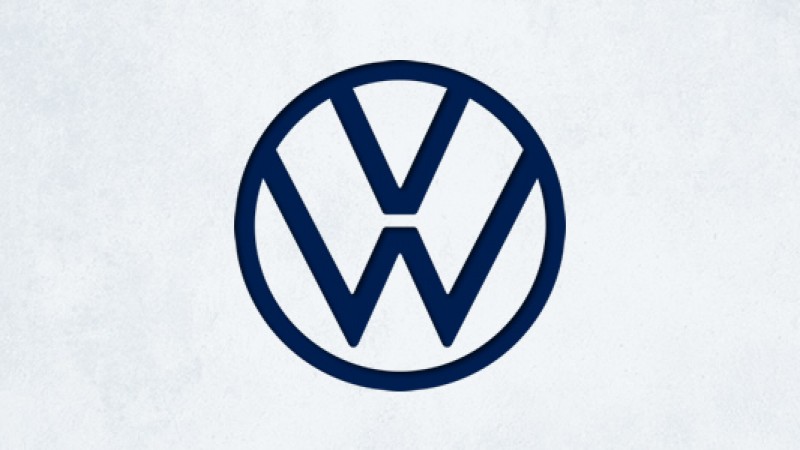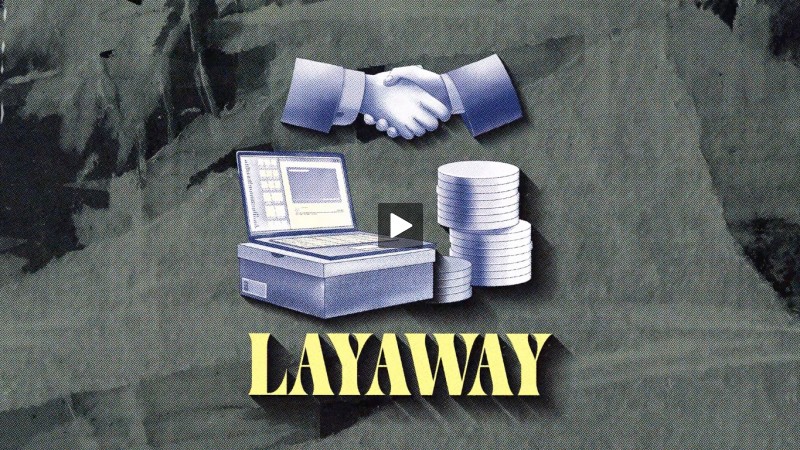Auto Contracts Requiring Mandatory Binding Arbitration Limit Consumer Rights
- Detalles
- Escrito por Remar Sutton
- Categoría: Articles

More and more automobile dealerships across the country have added mandatory binding arbitration clauses to contracts for new and used vehicles as well as to financing contracts. By signing the contract, the consumer is agreeing to binding arbitration to settle any future dispute and also waiving the right to sue or appeal—even if the dealership committed fraud.
Let's look at what arbitration is and the dangers posed to consumers by pre-event mandatory binding arbitration requirements.
Although voluntary arbitration can be a good tool for some disputes, mandatory, pre-dispute arbitration poses several real dangers to consumers. In fact, the dealers must agree it poses dangers—after all, they fought hard for a federal law that prohibits automotive manufacturers from requiring dealers to accept mandatory binding arbitration in contracts between the manufacturers and dealers!
So let's look at what arbitration is and the dangers posed to consumers by pre-event mandatory binding arbitration requirements.
What is Arbitration?
Arbitration is an alternative method of resolving disputes in which two parties present their individual sides of a complaint to an arbitrator or panel of arbitrators. The arbitrator, who is supposed to be neutral, then weighs the facts and arguments of both parties and decides the dispute. The decision may be binding (the usual case) or not. The arbitrator, who is often a retired judge or attorney, is paid a fee to resolve the dispute.
Arbitration may also be voluntary or mandatory. In voluntary arbitration, both sides in the dispute voluntarily agree to submit their disagreement to arbitration after it arises and after they have an opportunity to investigate their best options for resolving the claim. In mandatory arbitration, a company requires a consumer to submit any dispute that may arise to binding arbitration and to waive their right to sue, to participate in a class action law suit, or to appeal.
What's the Problem with Mandatory Binding Arbitration?
Consumer advocates point to the following problems and dangers.
Consumers are often unaware they've agreed to binding arbitration.
Whether the mandatory arbitration agreement is tucked in a paragraph of fine print or provided as a separate form, dealerships often don't mention it until you're ready to take your new vehicle home. They know you're more likely to sign at that point. "Oh, if you don't sign it, we can't sell you the car," they're likely to say. A few dealers may "forget" to mention the arbitration requirement at all. These tactics deprive you of your right to make an informed decision.Mandatory arbitration severely limits your options for resolving a dispute.
Before any problem arises, you lock yourself into only one option—binding arbitration—for resolving all future disputes or problems. The contract typically also names the arbitration company that must be used.Mandatory arbitration clauses generally bind you—not the dealership.
The way most mandatory arbitration agreements are written, the seller retains its rights to take any complaint to court while the consumer can only initiate arbitration.Arbitration does not follow clear, well-established, consistent rules and procedures such as those required for litigation in the court system.
For example, arbitrators aren't required to follow procedures that enable one side in a dispute to request information from the other (what the courts call "discovery"). The result is that consumers, who usually have limited resources, may have difficulty getting information needed to support their claims. In addition, nothing absolutely requires arbitrators to take the law and legal precedent into account in making their decisions although they are supposed to do so. Most decisions cannot be appealed, and there are generally no review bodies or other oversight to ensure that they follow fair procedure or the law.The dealership generally picks the arbitration company—"the judge."
In theory, both parties agree to the selection of a neutral, independent arbitrator. In reality, the dealership designates the arbitration company in the contract. This situation can definitely affect the impartiality of the arbitrator. Studies show that any time one company depends on another company for a large percentage of their business livelihood, some systematic bias in favor of that company may develop.Mandatory arbitration frequently costs more than taking a case to court.
One of the benefits usually claimed for binding arbitration is that it costs less than litigation. Frequently this is not true. In many cases, for instance, a consumer may have to pay a large fee simply to initiate the arbitration process. This can deter a consumer from even bringing a complaint. Or on a small claim total fees for arbitration can easily exceed the amount you might be awarded if you win the dispute.The report, "The Costs of Arbitration," prepared by Public Citizen's Congress Watch discusses the various potential costs of arbitration, shares case stories, and compares arbitration and court costs for similar cases.
How Should You Handle This Problem When Buying a Car?
Remember that everything at a dealership is negotiable. Ask a dealership in advance if they require a mandatory binding arbitration agreement. If they require one, and if you don't want to sign it, tell the dealer your decision, and stick to it. If the dealership wants your business badly enough, they won't make you sign the agreement.
If the dealership won't budge, ask yourself why this has become so important to them. Have their customers been so dissatisfied they've had to resort to legal action? Think about it.
A cautionary note about a different type of arbitration: Under the Magnuson-Moss Warranty Act (that may apply to some aspects of an automotive purchase), consumers may be required to submit their complaint first to arbitration, but this arbitration is not binding. Consumers may reject the decision and take their claim to court. According to Public Citizen, this is the type of non-binding arbitration offered free by the Better Business Bureau. Watch out for confusion; don't let any dealership suggest that a blanket mandatory binding arbitration clause is Magnuson-Moss arbitration.
For More Information
The following resources provide more information about various aspects of and issues in mandatory arbitration.
Auto Dealers and Consumers Agree: Mandatory Arbitration is Unfair
Public Citizen takes the arguments that auto dealers made to Congress about why they should be protected from manufacturer's requirements for mandatory binding arbitration and shows how and why consumer arguments for the same protections are similar.Mandatory binding arbitration is also called forced arbitration. Read more about forced arbitration in auto lending at Fair Arbitration Now.


































